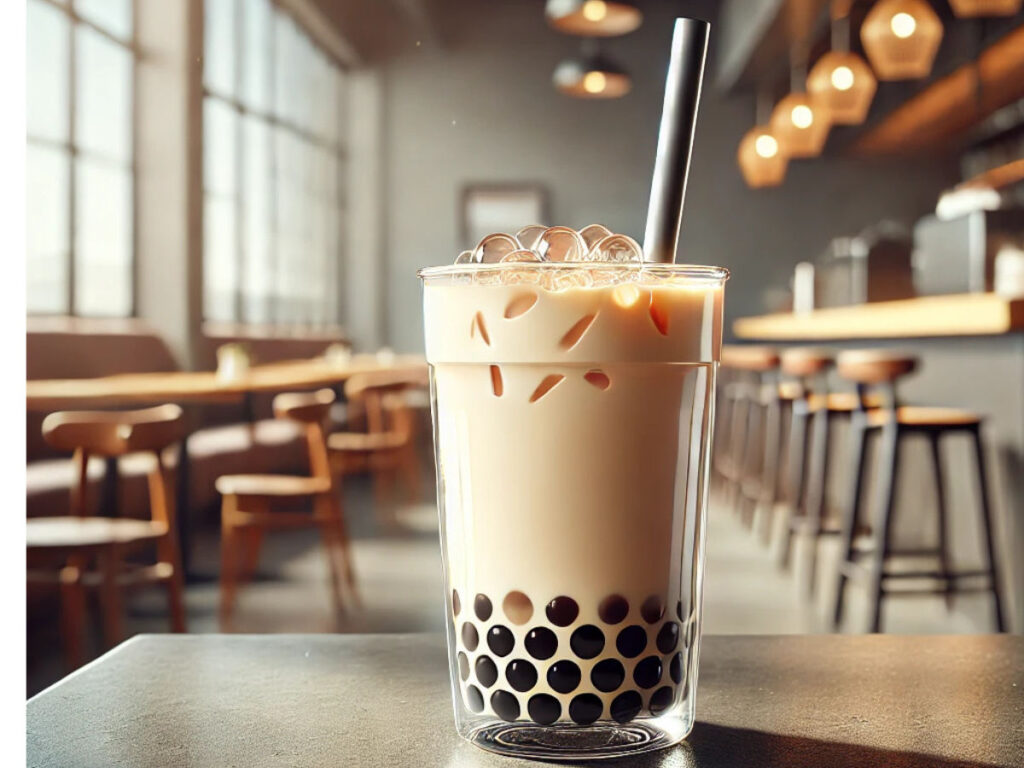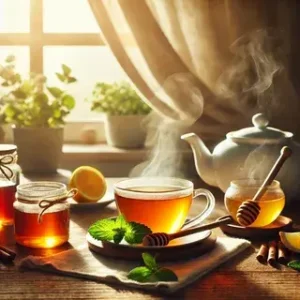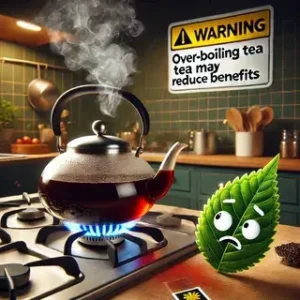Boba tea, another name for bubble tea, has gained international popularity. But for many people, especially Muslims, the question arises: Is bubble tea halal? This article explores the ingredients, preparation methods, and key considerations to help you determine whether bubble tea aligns with halal dietary requirements.
What Is Bubble Tea?
Bubble tea originated in Taiwan in the 1980s and quickly spread worldwide. It typically consists of:
- Tea base: Green tea, black tea, or herbal tea.
- Milk or cream: Regular dairy or non-dairy options.
- Sweeteners: Sugar, syrups, or honey.
- Toppings: Tapioca balls, jelly cubes, or pieces of fruit.
Bubble tea is named for the frothy “bubbles” that form when shaking the tea and the chewy tapioca pearls at the bottom.
This unique drink also allows endless customization, with flavors like taro, matcha, and fruit blends attracting different palates. Its versatility has played a huge role in its global popularity.
What Makes Food Halal?
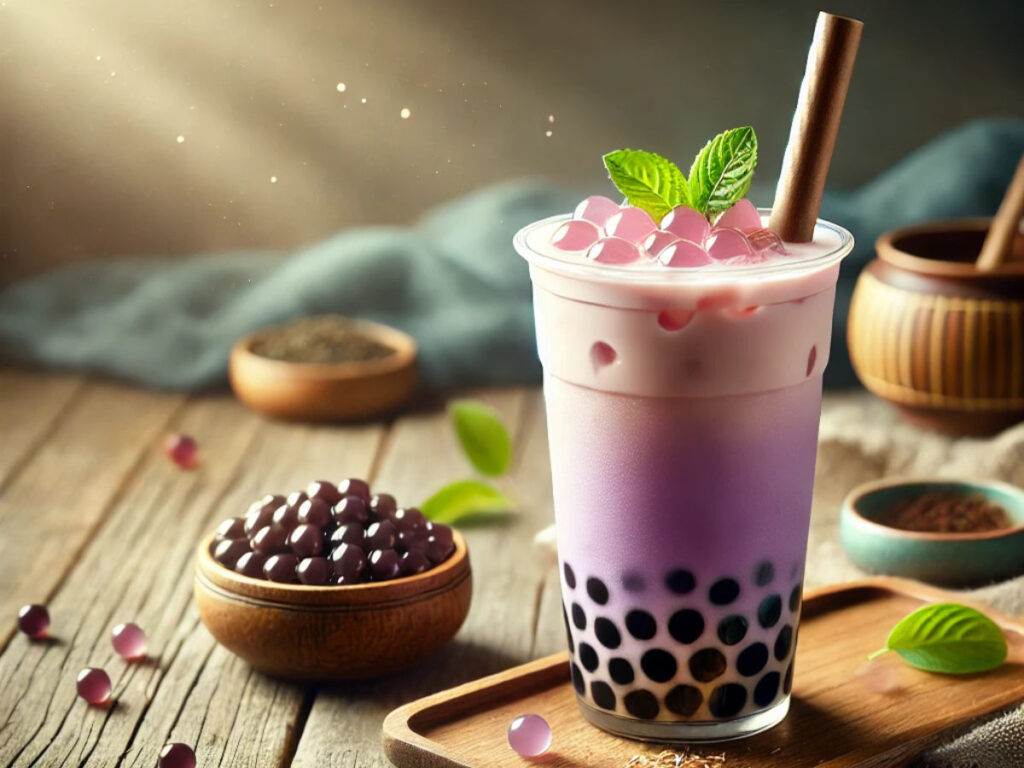
In Islam, “halal” refers to anything permitted under Islamic law. When it comes to food, the following criteria are essential:
- Ingredients: All components must be free of haram (forbidden) substances, such as alcohol or pork-derived products.
- Preparation: No cross-contamination with haram items should occur during preparation.
- Certification: Official halal certification ensures compliance with Islamic guidelines.
Halal certification acts as a guarantee, especially when dining out or consuming packaged foods. For Muslims, this ensures peace of mind regarding their dietary choices.
Analyzing Bubble Tea Ingredients
1. Tea Base
Most tea bases, such as green tea or black tea, are naturally halal. However, issues can arise if:
- The tea is infused with alcohol-based flavorings.
- Certain herbal blends contain questionable ingredients.
For example, herbal teas marketed as “relaxation blends” may sometimes include non-halal additives. Always verify the source and composition.
2. Milk and Cream
Traditional bubble tea uses regular milk, which is halal. But some shops use non-dairy creamers containing:
- Animal-derived emulsifiers: These may come from haram sources.
- Alcohol-based flavorings: Used for enhanced taste.
When in doubt, ask the vendor or opt for plain dairy milk or verified non-dairy alternatives like almond or oat milk. Vegan creamers can be a safe alternative if they are certified halal.
3. Sweeteners
Sugar and honey are generally halal. However, certain syrups might include:
- Alcohol-based preservatives.
- Flavorings derived from non-halal sources.
For instance, flavored syrups used in fruit bubble teas should be examined closely. Brands offering halal-certified syrups often state this on their packaging or websites.
4. Tapioca Pearls
The iconic chewy pearls are made from tapioca starch, which is halal. However, some pearls are coated in:
- Gelatin (ensure it is halal-certified if used).
- Non-halal sweeteners or additives.
Tapioca pearls produced in halal-certified facilities provide assurance. Some brands even add natural flavors to their pearls, enhancing the experience without compromising dietary restrictions.
5. Other Toppings
Popular toppings include fruit jelly, popping boba, and custard pudding. Always check for:
- Gelatin content: Ensure it is plant-based or halal-certified.
- Alcohol in flavorings: This is common in some fruit jellies.
For example, lychee jelly or mango popping boba may use alcohol-based preservatives. Opt for toppings labeled explicitly as halal.
Common Concerns About Bubble Tea
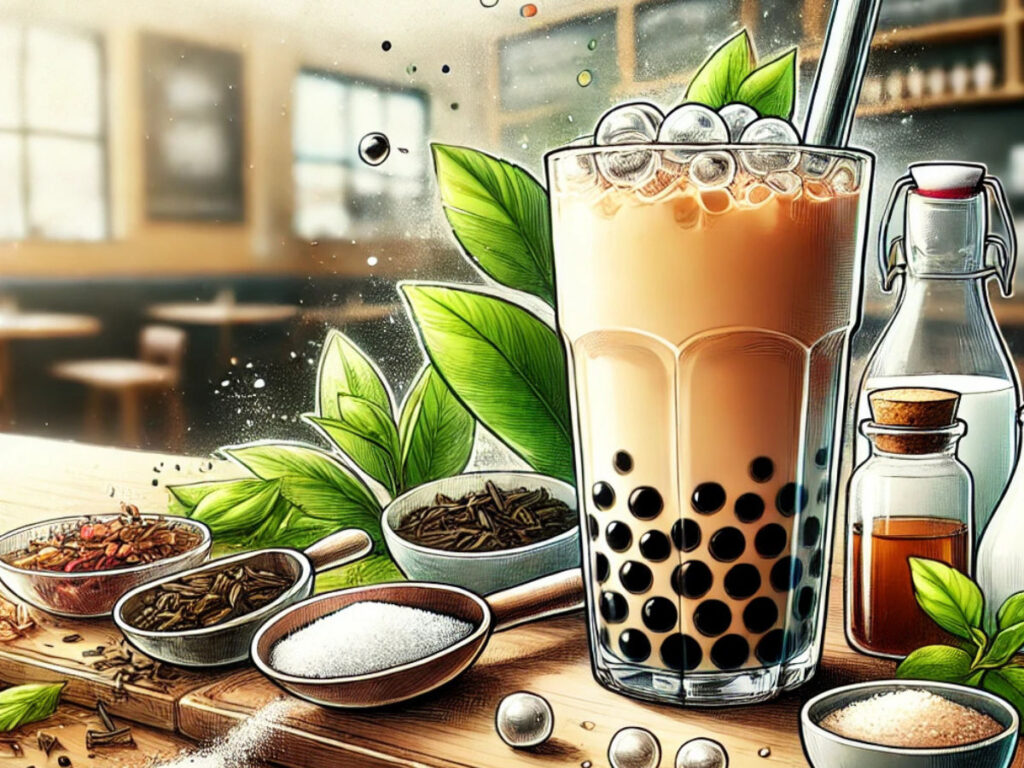
Alcohol in Flavorings
Some stores use alcohol-based flavorings to add flavor. Always ask if the flavorings are alcohol-free.
Even trace amounts of alcohol used for the preservation or extraction of flavors can make the drink non-halal. Staff should be transparent.
Cross-Contamination
If the shop prepares haram items along with bubble tea, then there is a chance of contamination. Look for dedicated equipment or halal-certified establishments.
For example, if the same blender is used for bubble tea and non-halal milkshakes, then contamination may happen. Request freshly cleaned equipment while ordering.
Halal Certification
Halal-certified bubble tea shops ensure that all ingredients and preparation methods comply with Islamic dietary laws.
Countries with significant Muslim populations, such as Malaysia and Indonesia, often have strict halal standards for bubble tea outlets. In the UK, many shops proudly display their halal certification.
How to Ensure Your Bubble Tea Is Halal
Follow these steps to enjoy bubble tea confidently:
1. Ask Questions
When visiting a bubble tea shop, inquire about:
- The source of milk and creamers.
- The ingredients in tapioca pearls and toppings.
- Whether alcohol-based flavorings are used.
2. Choose Halal-Certified Shops
Look for shops with halal certification. This guarantees compliance with Islamic dietary rules.
Many halal-certified outlets list their certification on websites or menus. Apps and directories can also help locate these shops near you.
3. Customize Your Order
Many shops allow you to customize your bubble tea. Opt for:
- Plain tea bases.
- Dairy milk or verified non-dairy alternatives.
- Simple toppings like halal-certified tapioca pearls.
Customizing ensures you avoid questionable ingredients and enjoy a drink tailored to your preferences.
4. Research Ingredients
If you’re not sure, research the ingredients yourself or ask the brand to clarify.
Brands usually give detailed ingredient lists on their websites. You can go through those to identify options that are more likely to be halal-friendly.
Anecdote: A Personal Experience
My friend, who is a practicing Muslim, shared her experience. She loved bubble tea but was unsure because some ingredients might not be halal. After she asked the staff about the flavorings and toppings, she found a shop that used only halal-certified ingredients.
Now, bubble tea has become her favorite treat! This story shows how important it is to ask questions and feel happy while enjoying your favorite treat without any worries.
Final Verdict: Is Bubble Tea Halal?
The answer depends on the ingredients and preparation. While the basic components are usually halal, some variations may include haram elements. To ensure your bubble tea is halal:
- Ask questions about ingredients.
- Look for halal-certified establishments.
- Customize your order to avoid questionable items.
By taking these steps, you can enjoy bubble tea without compromising your dietary values.
FAQs About Bubble Tea and Halal
1. Is bubble tea always halal?
No, bubble tea is not always halal. It depends on the ingredients and preparation methods. Look for halal certification or check individual components.
2. Are tapioca pearls halal?
Tapioca pearls are usually halal since they are made from tapioca starch. However, the presence of additives such as gelatin or non-halal flavorings makes them haram. Verify the source.
3. Can alcohol-based flavorings make bubble tea haram?
Yes, if the flavorings used in bubble tea are alcohol-based, then it is not halal. Always ask the vendor or choose alcohol-free flavors.
4. Are non-dairy creamers in bubble tea halal?
Not all non-dairy creamers are halal. Some have animal-derived emulsifiers or alcohol-based flavorings. Choose those creamers that are haram-free and have a halal certificate.
5. How can I find halal-certified bubble tea shops in the UK?
You can use the applications for halal food, lists or seek out shops displaying halal certification. Most reliable stores boast of observing these regulations.

